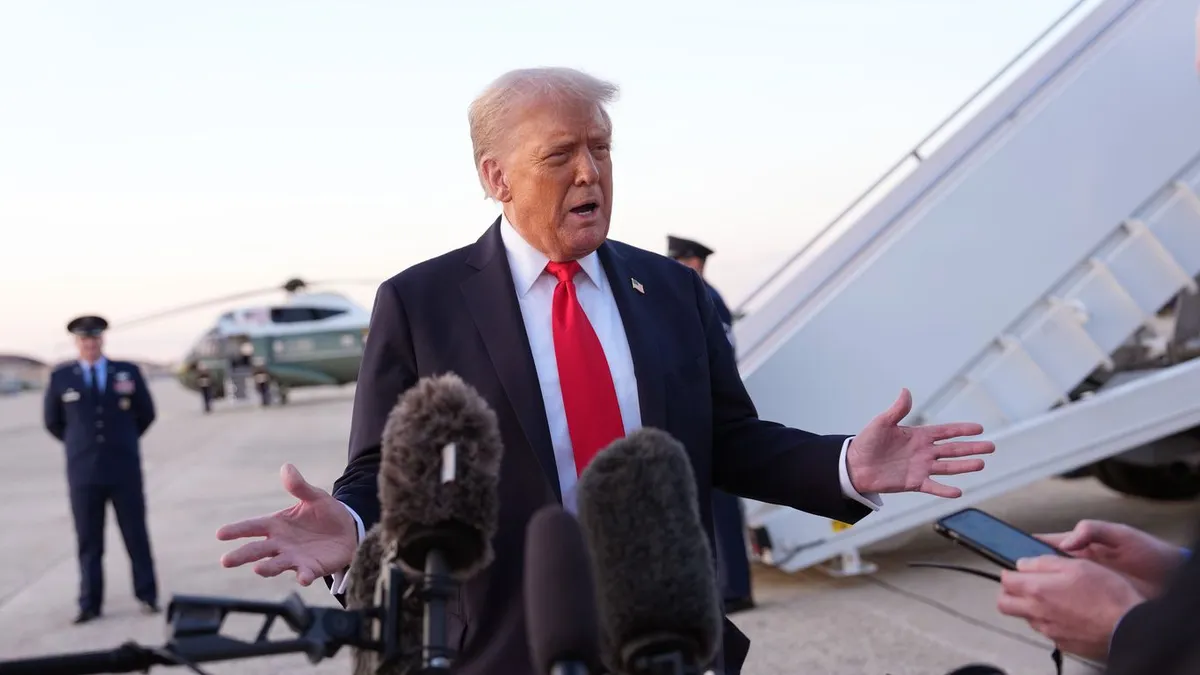
In a significant ruling on Tuesday, Chief Justice John Roberts of the Supreme Court allowed the Trump administration to withhold $4 billion in foreign aid while the court considers an ongoing legal challenge. This decision follows an emergency filing from the administration in response to a federal judge's order mandating the release of aid that had already been approved by Congress.
The ruling issued by Roberts is a temporary measure and does not represent a final decision regarding the legality of the aid freeze. Instead, it indicates that the funds will remain frozen during the appeals process. This situation emerged from a lawsuit filed by advocacy groups, including the AIDS Vaccine Advocacy Coalition and the Global Health Council, who challenged the administration's move to halt the disbursement of foreign aid as part of President Trump's broader America First foreign policy.
The Trump administration had initially earmarked $6.5 billion for foreign aid, planning to withhold $4 billion ahead of the September 30 deadline set by Congress. However, a federal judge ruled last week that the administration was required to release the funds, which led to the administration's immediate emergency appeal to the Supreme Court.
As part of the ongoing legal proceedings, Chief Justice Roberts has instructed the advocacy groups involved in the lawsuit to submit their response to the government's request by Friday afternoon. This next step will help shape the discussion surrounding the administration's controversial decision to freeze foreign aid.
For those unfamiliar with the term, pocket rescission refers to the practice where a president attempts to cancel previously approved funding without explicit congressional approval. This tactic has raised significant legal and political questions regarding the limits of executive power and the appropriateness of such actions in shaping foreign aid policy.
As this case progresses, it will be essential to monitor the implications of the Supreme Court's eventual ruling on the future of foreign aid and the Trump administration's fiscal strategies.
Editor's note: This article has been updated with new details throughout.